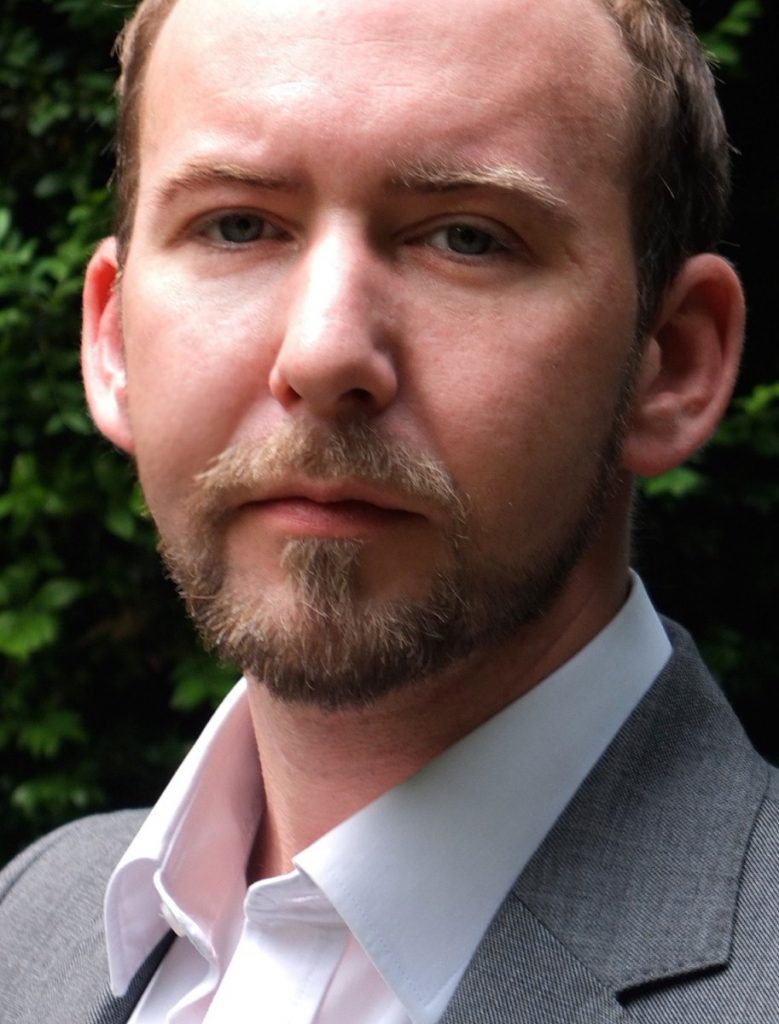Comment: Don’t be fooled by daft celebrities. We need to experiment on cats
By Chris Magee
I was sorting out my DVD collection the other weekend. Some of the unwatched went on a pile named 'donate' and others were headed for the bin. Most in the latter category were the sort picked up for £3 the last time HMV nearly went bust and were cheaper to buy than rent – things like The Book Of Eli that were so bad no person should have to watch them again. Also in that category was Science by Ricky Gervais because, as I subsequently discovered, he turned out to be one of the biggest enemies of science I've yet encountered.
This week brought his latest endorsement, and a call to end all scientific experiments involving cats.
Said Gervais:


"They share our homes, they are loving, loyal and playful and they deserve a safe, happy life, not one of suffering. That's why I am supporting the campaign, to bring a stop to the suffering of cats in laboratories."
Alexei Sayle also weighed in:
"As a cat owner myself I know what wonderful companions they can be and how affectionate, intelligent and playful. That is why I am joining with the BUAV to ask the UK government to bring an end to the use of all cats in experimentation. It is time to stop this cruel and unnecessary suffering."
The only thing is, most cats are used for veterinary research.
As can be seen on the Home Office website, the last figures show how 140 laboratory cats were used to benefit the UK's 8.5 million domestic pets in the form of vaccine development and the like. Read further and you'll discover that in the UK it's illegal to use an animal if there's an alternative – claims that there are ready alternatives are necessarily incorrect. Furthermore, it is illegal to use a cat if a lesser species such as a fish will suffice.
Species like cats, dogs and monkeys are frequently used by anti-research campaigners to illustrate animal research, when in reality they together constitute less than one per cent of experiments. Most experiments use mice, fish and rats. Half of experiments are to do with the breeding of genetically manipulated mice.
It is also illegal to test cosmetics or their ingredients on animals in the UK, or for that matter import those that have been. However, none of this seems to matter to celebrities who've apparently declined to do even modest amounts of research before supporting a campaign that plans to stunt veterinary research in the UK. To paraphrase Alexi Sayle, as a cat owner myself I want my pet vaccinated against feline leukaemia.
The anti-research companies and collectives behind these campaigns are presumably less than straight with their celebrity supporters. It's unclear for instance whether anybody explained to Brian May that the badger TB vaccine required animals in its development. I doubt their pitch is: "Hi, we believe that lab animals are more important than wild animals, your pets and your children."
Of course, some cat research – about 30% – is for human benefit. Most of the research referenced pertains to eye or spinal research because cats' eyes, and the neural support networks that interpret eye signals, develop in the same way to humans. Cats were also instrumental in the development of cochlear implants to treat deafness. Just a few animals can have an enormous impact on medical research.
People will of course be divided on where they stand on the use of animals for human benefit. Personally, and as someone with two working eyes, two working ears and one functioning spinal cord, it leaves a nasty taste in my mouth to tell somebody without those things that they are not deserving of our every effort to cure them.
As much as I can have sympathy with a laboratory animal, such experiments performed on an unconscious subject, as the ones referred to by the campaign were, under general anaesthetic, do not hold a candle in my mind to the daily suffering of a paraplegic person, or the pressures placed on a person's family and professional life by blindness.
All this said, the biggest losers if cat research were banned would be cats. Luckily for us, Ricky Gervais and Alexi Sayle are not in charge of anything important. But they can influence public opinion and the fear is that by using unrepresentative examples of experiments the public is being persuaded to oppose research that primarily benefits their pets.
Chris Magee began his career in thinktanks and the charity sector before moving to parliament, then the private sector, as a policy and public affairs consultant. He is currently head of policy and media at Understanding Animal Research, a not-for-profit which explains the use of animals in medical, veterinary and environmental research.
The opinions in politics.co.uk's Comment and Analysis section are those of the author and are no reflection of the views of the website or its owners.

